Nerw święty. Rozmowy o liturgii
When God forgives a sin, it is entirely erased, nothing is left on the margins. God restores innocence completely as if the sin had never existed.
It is half past four in the morning. A hall in an old castle still bearing traces of its previous splendour is packed with almost 400 women. There is something peculiar in their eyes. Sleep deprivation? Tiredness? Or maybe an unnamed sadness, depression and hopelessness. The content of their life is a frightening and stupefying silence. But this silence is suddenly interrupted. A monk in a white habit stands in the middle of the hall. What will he tell them? What sins will he remind them of? What kind of eternal punishments will he threaten them with as many preachers of his times used to do?
But they will not hear any single word of condemnation. Even if the next day they will listen about hell, which was one of compulsory subjects of their retreat. With disarming embarassment the dominican monk will even apologize to them for talking about hell. There will be no single word about God’s anger or punishment. Instead, they will hear amazing words about his merciful love, his kindness and forgiveness.
‘My dear sisters!’ – the preacher begins his sermon. It is 15th of September around 150 years ago in Cadillac, south-western France, in one of the five central female prisons of the Second French Empire era.
A monk and a sinner
The name of the Dominican who lead the retreat in Cadillac ws Jean Joseph Lataste. He was 32 years old at that time. He had been ordained only one year and a half earlier . He joined the Order of Preachers when he was 25, later than his contemporaries usually entered seminaries or religious congregations. Previously, he worked as a tax clerk. Such work is hardly associated with mercy, but mercy became the theme of FatherJean’s life and preaching ministry.
He is a member of a religious order that was restored after the French Revolution in 1840s. It was the era of a charismatic preacher and intellectualist Fr Henri Dominic Lacordaire, who restored a number of monasteries and sent his dominican brothers to work and pray in them. In 1859 Lataste, then a dominican seminarian was sent to one of those monasteries to Saint-Maximin in Provence, where dominicans looked after the Saint Baume – the shrine of St. Mary Magdalen. According to the Church tradition, she has been identified with Mary of Bethany. She was said to have sailed to Marseille with her siblings Lasarus and Martha, and work as a missionary among pagans. There is a cave in Saint Baume where Mary spent some time repenting for her sins.
Lataste’s stay in Saint-Maximin resulted in an amazing friendship with this saint-sinful woman. When he and three other monks were ill, Lataste was granted a privilege of kissing St. Mary Magdalen’s head during the solemn installation of her relics at the shrine. His very first mass was said at the St Mary Magdalen’s chapel. So it is not surprising that the holy woman is often mentioned during the retreats he lead in prisons. Lataste encourages his audience to follow her path by rejecting their sinful past and surrendering themselves to the mercy of Jesus. Christ did not come to condemn them. He does not want to join the crowd eager to stone them to death, but He defends them in the name of love stronger than any evil, fear or revenge. God is above all that.
I start reading the collection of Fr. Lataste’s writings in French. I realise he was my peer as a member of the Order of Preachers at that time. I know how his story ended – with an amazing series of conversions. What did he say to them? What kind of speech could have bear such power? How could such an unexperienced retreat leader have succesfully communicated with 400 women with such troubled histories?
Behind the bars
The Dominican priest starts his retreat with a question: What are you here for? He does not ask: Why? What kind of evil brought you here? It gives me the creeps when I read his words to the prisoners: You are here because God wanted you here. Was Lataste trying to assign secular justice with the power of God? I realise he is far from it when I read a few more lines of his writings. Love is the only reason for God to bring the women to prison. If He did not love them, He would not care what choices they made. He would let them commit more crimes and eventually bring eternal punishemnt upon themselves. But God loves them and therefore he wants to give them one more chance. He used the justice system to stop them halfway. He has new plans for them.
But what kind of plans are there for somebody who’s life is limited to a few square metres of living space, a prison yard, a workshop and maybe a prison chapel? Even if some of those women repented, reconciled to God and were forgiven, it means nothing to their prosecutors and prison guards. The sentence must be served out. If every minute of your life is planned by someone else, is it possible to do anything sensible with it?
Lataste tells the prisoners about a way of life that totally different to theirs, but only at first glance. He means other women who, just like prisoners, live in isolation, silence and spend their time on work and prayer. They do not have any property, they exchanged their freedom for obedience to their superiors. They live far from their families. They are called nuns. They freely abandoned what the prisoners lost because of their crimes. Therefore w have the faultless ones and the sinful ones. But is it not true that the immaculate Mary and sinful Magdalen were standing side by side by the cross where Jesus Christ died? If God forgave prisoners, they are innocent again. They are equal to those who never turn their backs on God. Did the compassionate father love his prodigal son less than the faithful one? Does not God rejoice more over one soul that he found and saved than over ninety-nine that did not get lost? Does a mother of an ill or troublemaking child love him less? On the contrary!
The retreat led by Fr. Lataste lasts four days. There are two talks every day – in the mornings and evenings only, at the expense of prisoners’ sleep. Not even a minute of their working day can be wasted. The retreat is not compulsory, but there are many women willing to attend them. Some choose to stand by the door. They are too ashamed to come closer. After all, is there anything in their life to be proud of? They have faced arrest, investigation, trial and eventually long days spent in obligatory silence, which does not let them forget about their crimes. In fact, everything is reminding them about what they had done. That is why Fr Lataste tells them that he feels particularly sad when he enters the prison gates: because of crimes the prisoners had commited and because of gravity of their punishment.
Cadillac prison did not have a good reputation. The high suicide rate was a taboo subject. The prison management agreed to host a retreat every year (along with the then popular 24-hour adoration of the Blessed Sacrament) in order to improve their reputation. It is hard to say if the managers really wanted to make prisoners’ lives better or if they have done it for the sake of the public image. But regardless their true intentions, God did what he wanted to do; to meet those human beings who were considered to be abandoned by Him.
The Dominican monk encourages his listeners to keep their hope against hope, to disregard other people’s opinions and to believe that God does not reject them. God’s mercy knows no limits. The more obstacles arise on its way, the more difficult situations are, the deeper the fall is, the stronger the power of mercy works. God does not demand someone’s life to be completely changed and guilt to be fully paid for, so under those conditions He could do sinners a favour and forgive them. For isn’t it true that to be forgiven by God, a single cry for His help is enough? Fr Lataste is inspired here by St. Francis Sales’s words: ‘Forgiveness is granted rather through a simple and trustful return to God, not through sorrow, discouragement and dwelling on one’s guilt.’
Forgiveness is not for sale, it is a gift. The Penitent Thief is a good role model for Fr Lataste here. By asking Jesus an impertinentquestion, he has ‘stolen’ salvation for himself. That does not mean it is good to wait with repentance till the last minute, for every minute spent in harmony with God on this earth is precious. Above all, the Penitent Thief is a good example of simplicity and priceless reconciliation.
Also nowadays, preaching about simplicity and trust are of great value. Althoug 150 years passed, are we actually free from a suicidal self-absorption with our sins and weaknesses, instead of focusing on God’s love and mercy? Divine mercy is not only for the others but for ourselves as well. But we tend to think that God is interested only in our sins, as if they were the only thing that has ever happened to us. But God cares for our guilts for one reason only: he wants to forgive them all. Thanks to the mistery of Divine mercy, we can safely and honestly come to terms with our sins. We can face them, because there is Someone who can set us free from them. Otherwise, we would have to deny or minimalise our sins or let the feel of guilt devastate us. God invites us to take a different path, a smooth path of kings. If he really does, is there any point in taking a bumpy one?
To let go of the past
The way Fr Lataste treats his listeners makes us ask how we should treat not only criminals but sinners in general. Usually when we meet them, we feel like obliged to show them our disapproval. There is a beautiful saying ‘Love the sinner, hate the sin’, but who can do that properly? Another attitude to sinners is indifference. It happens when we do not know how to behave, we do not want any coflicts with them, so we easily come to a conclusion that everybody is responsible for themselves, so we do not want to be bothered. In both attitudes something crucial is missing: it is love.
What Fr Lataste teaches us? I feel inspired by his way of addressing his listeners. He calls them ‘poor daughters’. There is much more in that than mere preacher’s exaltation: it reveals that the first victim of every sin is the sinner himself. No matter what he gained thanks to his sin, he lost his priceless unity with God. No matter how much he hurt his victim, it is incomparable to the murder he commited on his own soul. A sinner is the one who deserves the most compassion. An amazing relationship between the Dominican monk and his spiritual sisters arises from compassion. He tells them that they are family, so they can be honest with each other and talk openly about difficult things. For sure he is not their prosecutor. He is not only their teacher, but above all, he is their brother.
Such an attitude stands out from what the prisoners were used to. They have been condemned for the rest of their days. Even if they serve their sentence they know very well there is no future for them. For the society, they are defined by their crimes. Lataste is well aware of that. His heart revolts against this situation. If God forgives sins, why people who name themselves Christians cannot be forgiving? To sum up his teaching, Fr Lataste cites St. Paul: I focus on this one thing: Forgetting the past and looking forward to what lies ahead, I press on to reach the end of the race and receive the heavenly prize for which God, through Christ Jesus, is calling us. (Philippians 3.13-14) God does not ask us who we were some time ago, he is only interested in who we are today, says Lataste. If the prisoners let God’s love change them, if they strip off their old selves, they will go to heaven just like sinful Mary Magdalen, whom the Church has proclaimed saint. And if so, should other repentant sinners be refused sainthood?
Scandal
The last day of the retreat at Cadillac brings Lataste’s strongest statement. Everything he wanted to say was in his notes, but he entirely changed the text after a number of confessions and conversations he had with his penitents. Not only prisoners, but also the prison staff listened to his last talk. The monk says everybody thinks the prisoners are guilty and unhappy. Yes, the commited crimes and they were guilty – in the past. But they are not guilty now. If Christ deleted their sins, if he forgave them, there is nothing they should be accused of. God does not forgive partially or conditionally. He forgives totally. The whole debt is cancelled.
If we believe the sacraments are effective, why do we behave as if they did not work? Did Jesus love Magdalen less because she used to be a great sinner? Did Jesus keep reminding Augustine that he was not always following God’s way? When God forgives a sin, he wipes it out completely. He restores innocence in the fullest meaning of the term, as if the sin have never existed. Because there is no sin any more!
One year later, when Lataste had been asked to lead another retreat, he mentioned some man who had been unjustly accused and sentenced. His case was famous those days. The man was eventually rehabilitated. Lataste said to the prisoners: You will also be rehabilitated at thejudgment after death. You confessed your sins, Jesus forgave you everything. You are innocent! No suffering, no effort will be forgotten. Joy and happiness that awaits you in heaven goes far beyond any compensation that you may get in this world.
In other words, in presence of justice officials, Lataste said that 400 prisoners were innocent. It must have sounded like undermining the law! Moreover, the priest admitted that in private conversations prisoners admitted they have become happy indeed. They also wanted to spend the rest of their inprisonment immersed in God’s love just like cloistered nuns. That must have outraged 12 nuns from the congregation of Daughters of Wisdom who, with a proper Christian ‘strictness’, worked at the Cadillac prison as guards (sic!), cooks and nurses.
Risky idea
One year later, Lataste come back to Cadillac to lead another retreat. This time he cut his talks from eight to four and left more time for individual meetings and confessions. He even did not complete his pre-talk notes. Two of his last talks were put together on a day-to-day basis, inspired by conversations with the prisoners.
The monk returns to his priory, but he is not the same any more. He learnt as much as his listeners did. He comes back with an idea that has never left his mind from the beginning of the retreats. He wants to found a congregation for women willing to become nuns after having served their sentences.
It was unlikely for Lataste’s prisoners to return to a normal life in the society, so to let them become nuns sounded simply unimaginable. Is not this kind of lifestyle reserved for the best? After all, many congregations at that time used to disqualify their candidates not only due to their immoral conduct, but also due to social status or being an illegitimate child. But despite everything Lataste wants to set up an order for former prisoners, prostitutes or women who had an abortion which was a punishable act at that time. In addition to that, it is going to be a special kind of congregation – a contemplative one!
Of course, there were a lot of shelters for women from the margins of society, for instance there were ‘Magdalen asylums’. But they were pitying and helping ‘those poor women’. They treated them as recipients of Christian mercy, but not as human beings who have equal rights with nuns.
There was no congregation which would accept prisoners as its regular members. On the other hand, the dominican priest met many women who had a real vocation to contemplative life. When he saw those women again after a year, he was reassured. So if it is God’s will, a new congregation must be founded.
Lataste did not want to force Providence with his plans, so he seeks opinion of the bishop of Bordeaux. At first, the bishop is in favour of the idea, but eventually he steps back. He is afraid of competition that may arise between the new congregation and a shelter for women which was already operating in his diocese. The dominican accepts that his idea will remain unrealised. As soon as he did that, everything begins to happen according to his plans.
A Piece of heaven
The wife of the Cadillac prison’s director visits the nun who is the headmistress of the school in Bourret, Sr. Bernardine. She belongs to the Order of Presentation. The director’s wife tells the nun about the amazing retreat in prison. Bernardine became a nun to help the poor and the excluded, but instead she heads the school for the upper-class girls. No wonder she doubts it is the right place for her. She shares those doubts with her confessor, Fr. Soudreau, who happens to be Fr Lataste’s provincial. The confessor tells Sr. Bernardine about his brother’s idea. Some time later Bernardine and another nun are sent to Fr. Lataste as first candidates to set up a new congregation.
Bernardine leaves the Presentation Sisters and goes to meet Fr Lataste. However, she gets terrified when she finds out that she has been wrong in three important matters. Firstly, the religious order does not exist yet. Secondly, she will be its superior general. The third thing and probably the most difficult one: the new order is not going to be a shelter for women of the street, but the place where both women burdened with their sinful past and women without such a burden will enjoy equal rights.
Bernardine does not know what to do. She has already left her community. The die is cast, but her expectations were very different from what she saw. But Fr Lataste does not lose his head. He calmly suggests the nun go on a four day personal retreat, similar to that at Cadillac. A few days later Bernardine accepts her new mission. At the end of the year 1866, she professes her solemn vows as sister Henri-Dominique, dominican of Bethany and she becomes the first superior of the convent in Frasne-le-Chateau. Among the first members of the new congregation there is the Bernardine’s above mentioned peer and two former prisoners.
It goes without saying, the newly founded congregation is the fulfillment of Fr Lataste’s last retreat talk, when he said: in heaven there will be no difference between sinners and people who during their lives were considered saints. All who have gained eternal life will be contemplating God together. They will also be enjoying each other’s company. The prisoners have already anticipated that when they took part in an all-night adoration of the Most Blessed Sacrament. Fr Lataste thought they would be praying on a rota basis, for example a couple of prisoners every 30 minutes. But he was greatly astonished to see around 150 prisoners praying together replaced by the other 150 halfway through the night. It was truly a piece of heaven on earth.
***
The dominican monk died of tuberculosis on the 10th March 1869. It happened five years after his memorable retreat and a little more than two years after founding the new order. The Dominican Sisters of Bethany still exist in spite of initial difficulties, denounciations and many attacks from inside the church. They bear witness of the Divine Mercy that is able to delete sinful past. Nowadays candidates to religious life do not have to have a faultless reputation. Perhaps this is one of the reasons why sisters of Bethany have less vocations. But one thing still raises great controversies: Divine Mercy restoring innocence without any exceptions, conditions and totally for free.
Translation: Jolanta Brózda-Wiśniewska, Daniel Wiśniewski
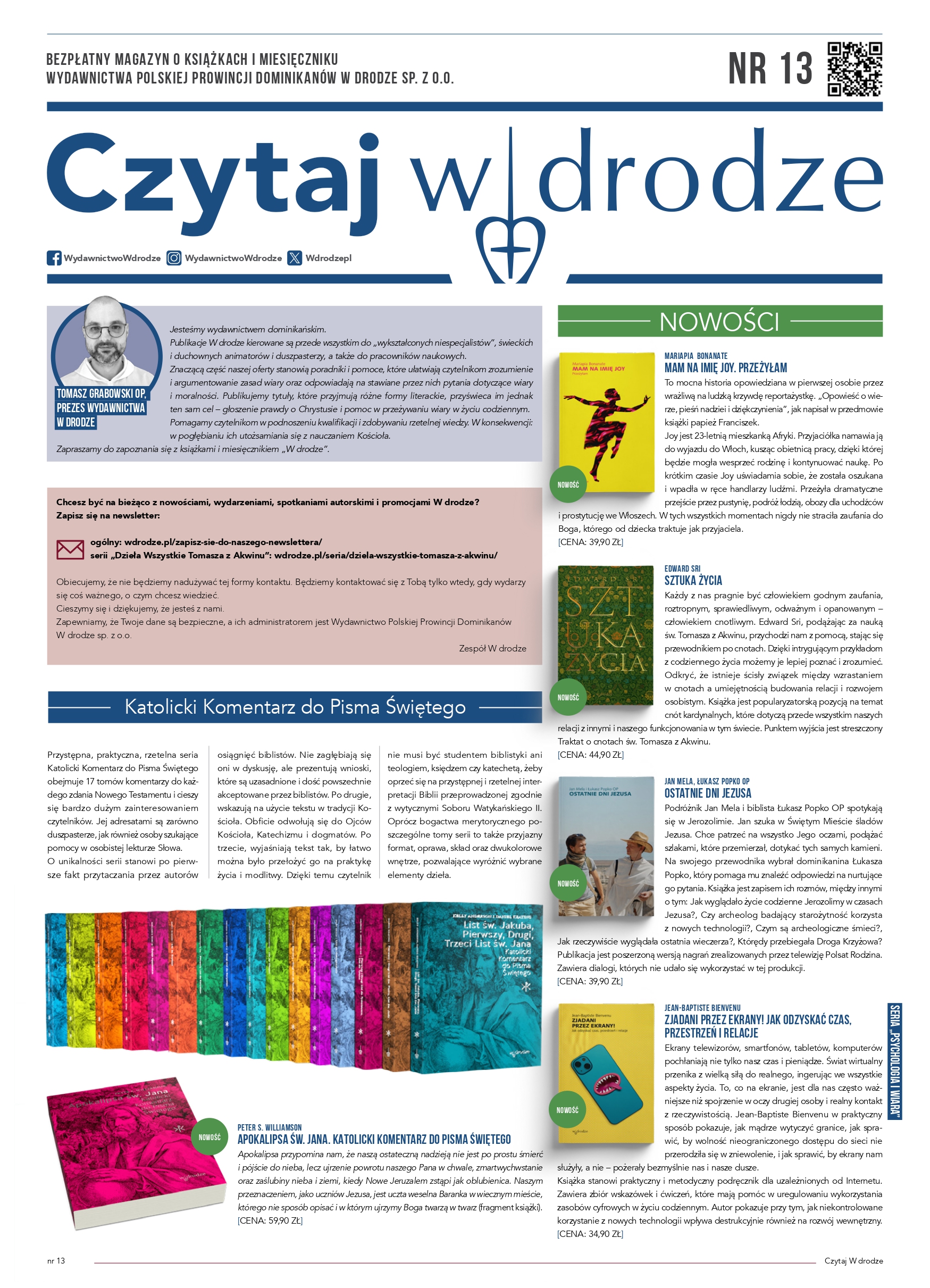

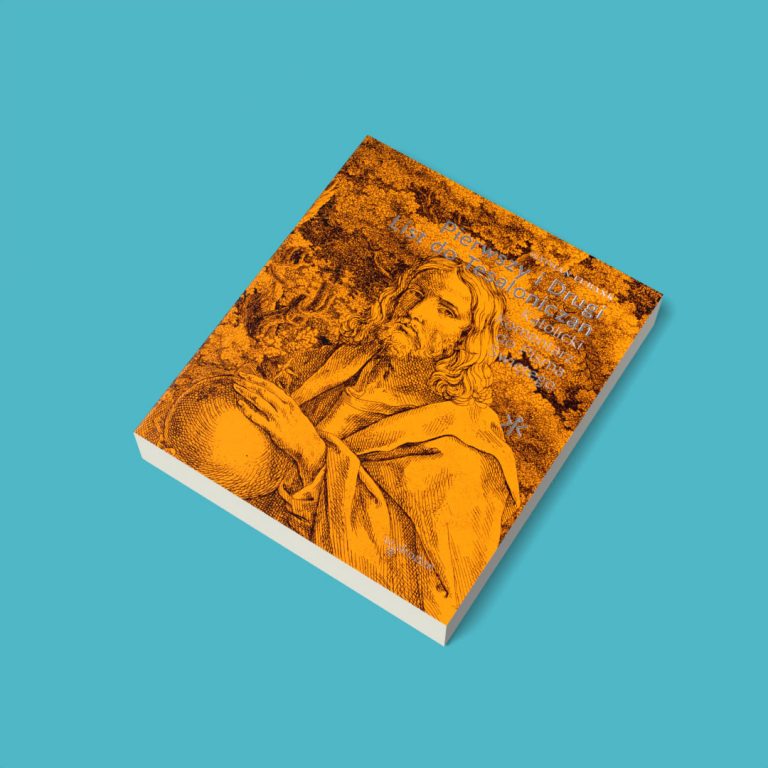





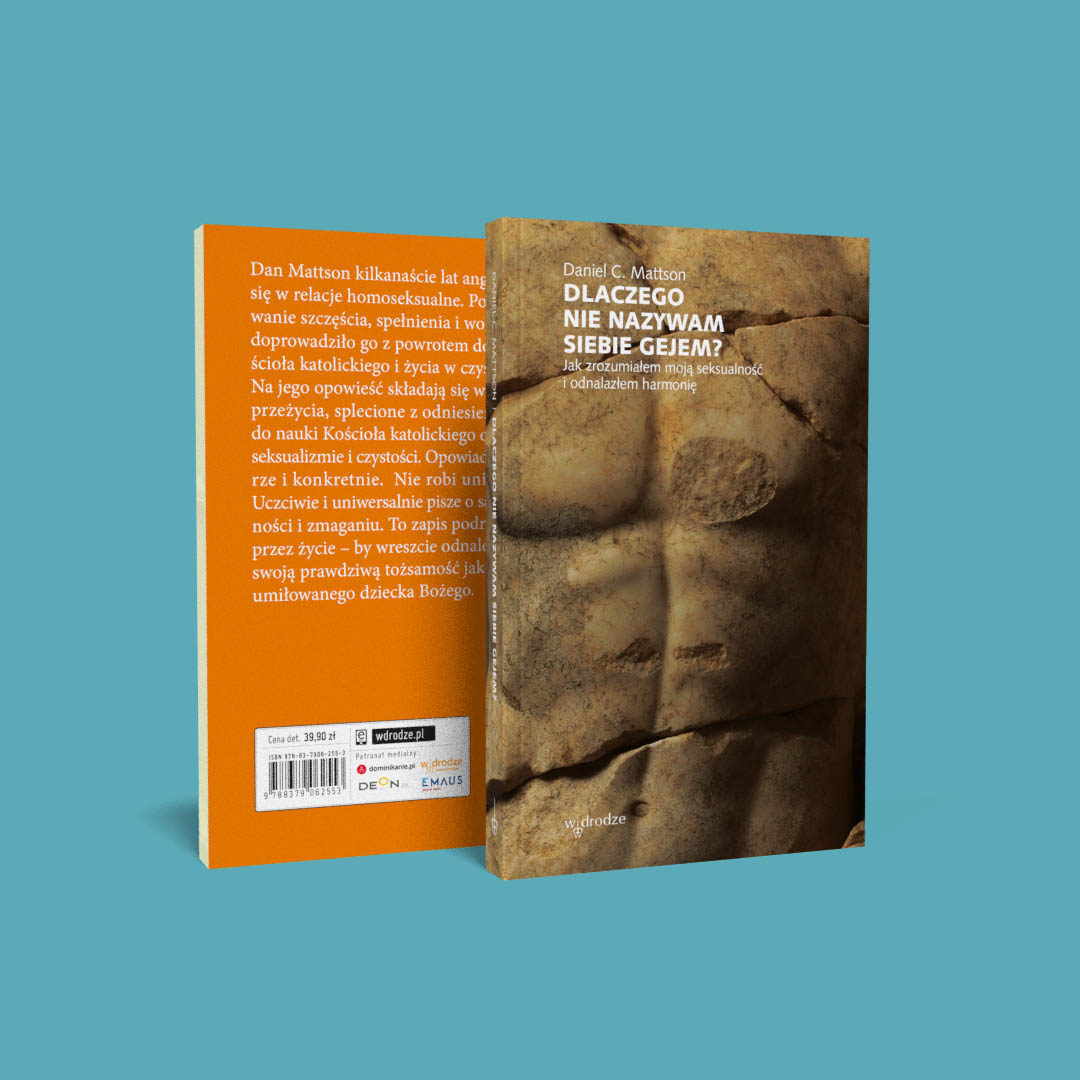







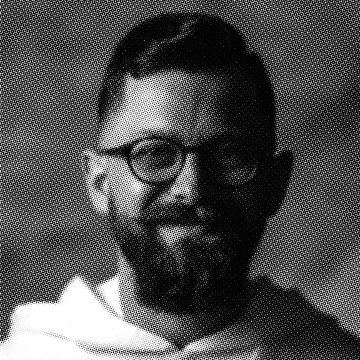
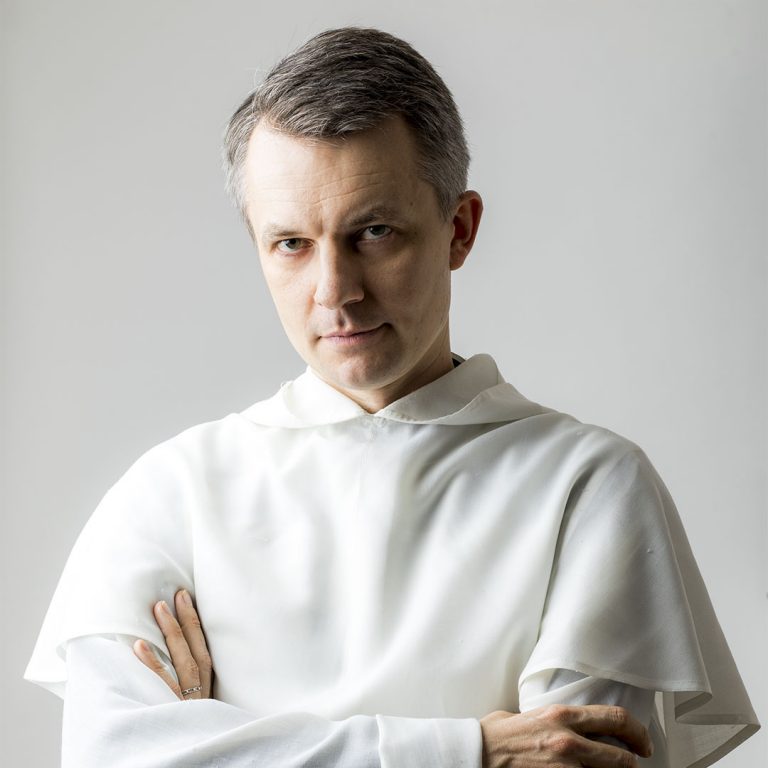
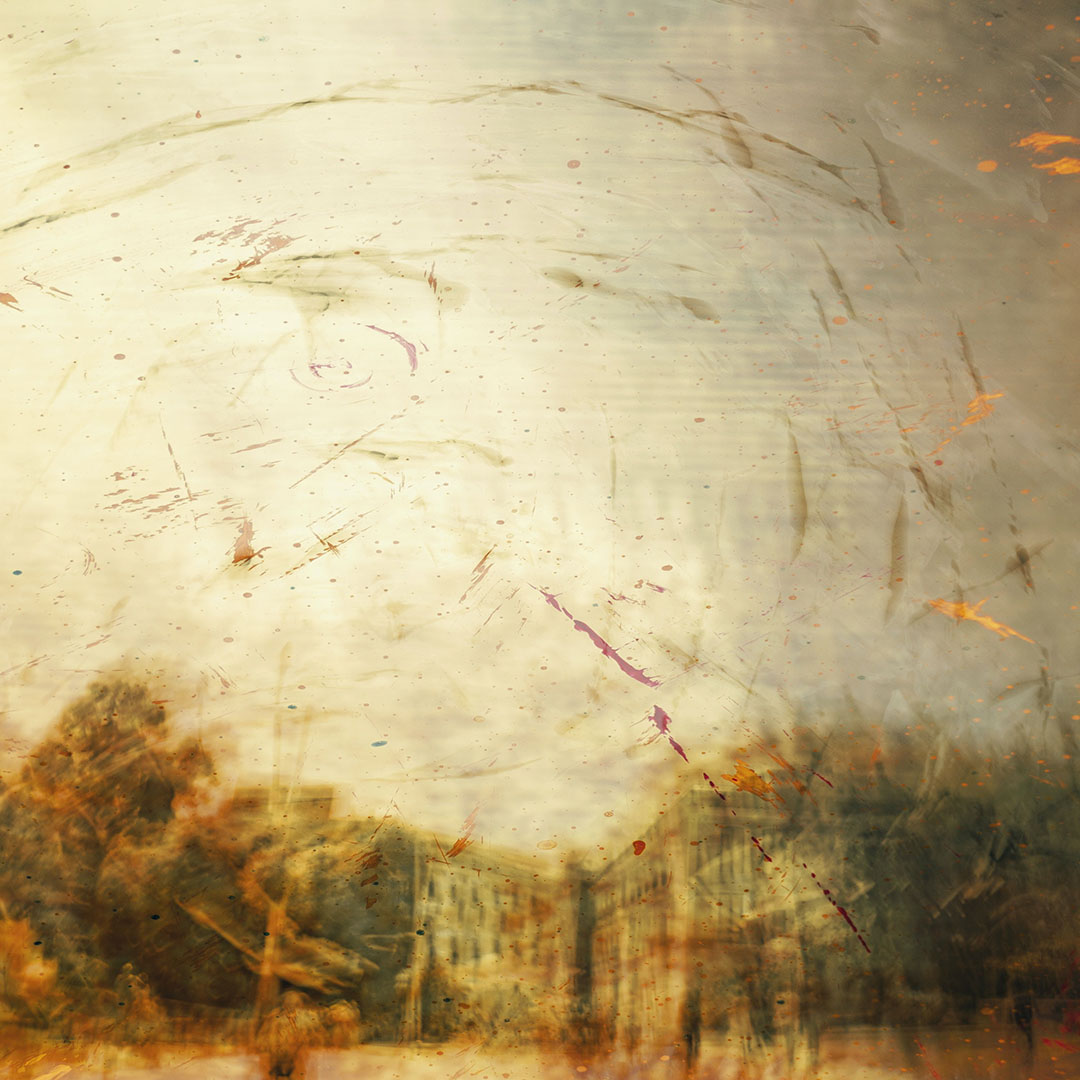



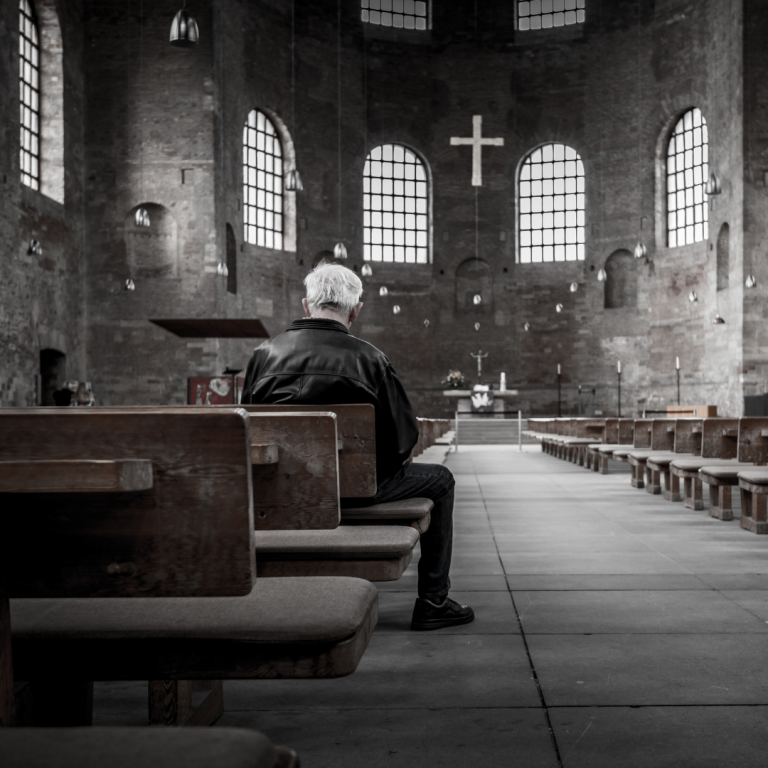


.jpg)

















Oceń